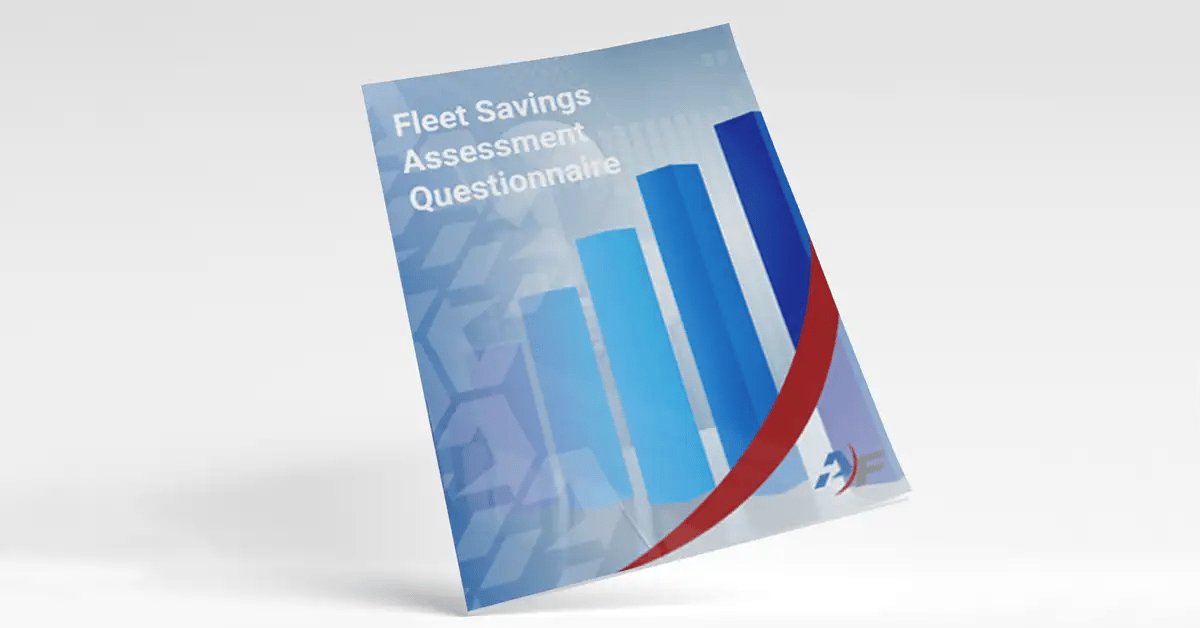Fleet Management FAQs
Got a Question? We’ve got an answer.
Explore our FAQs to find answers to common questions about our solutions.
Why is fuel management important in fleet management?
Why is fuel management important in fleet management?
Fuel management is crucial because it directly impacts a fleet's operational costs, efficiency, and environmental footprint. Effective fuel management helps in reducing fuel consumption, identifying wasteful practices, ensuring compliance with environmental regulations, and ultimately saving money. It also provides valuable insights into driver behavior and vehicle performance, enabling more informed decisions.
How can fuel management systems reduce operational costs?
How can fuel management systems reduce operational costs?
Fuel management systems monitor fuel usage in real time, allowing fleet managers to identify and address inefficiencies such as idling, poor route planning, and aggressive driving. By optimizing fuel consumption, these systems can significantly lower fuel expenses.
What features should I look for in a fuel management system?
What features should I look for in a fuel management system?
Key features include real-time monitoring and reporting, integration with GPS and fleet management software, fuel card management, customizable alerts for unusual activity or consumption, and analytics for trend analysis and forecasting.
Can fuel management improve environmental sustainability?
Can fuel management improve environmental sustainability?
Yes, by optimizing fuel usage, fleets can significantly reduce their carbon emissions and environmental impact. Fuel management systems help in planning more efficient routes, encouraging eco-friendly driving practices, and maintaining vehicles for optimal performance, all of which contribute to a greener operation.
How does fuel management contribute to fleet safety and compliance?
How does fuel management contribute to fleet safety and compliance?
Proper fuel management can enhance fleet safety by ensuring vehicles are running efficiently and are less likely to experience breakdowns. Additionally, many fuel management solutions include features that promote compliance with environmental regulations and standards, helping fleets avoid fines and penalties while contributing to public health and safety.




